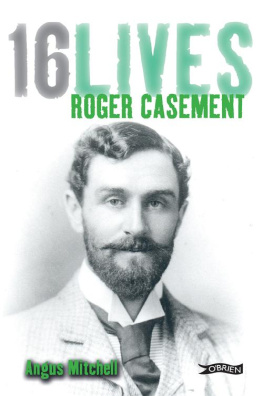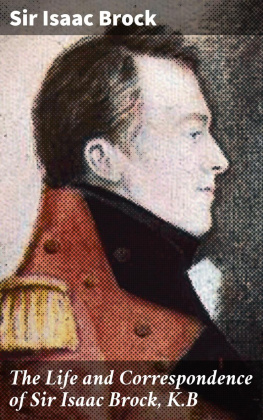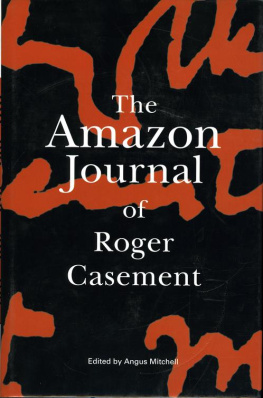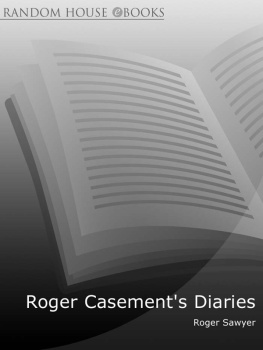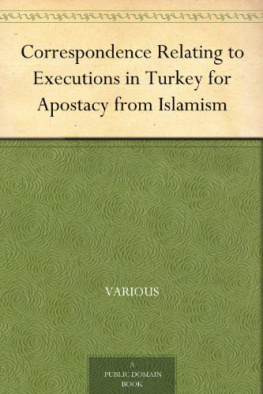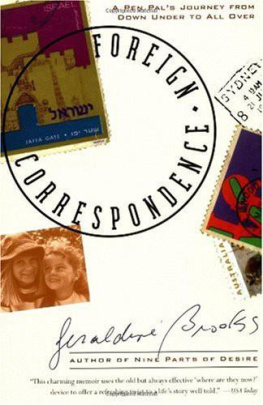ACCOUNTS AND PAPERS:
SIXTY-FIVE VOLUMES.
(14.)
COLONIES AND BRITISH POSSESSIONScontinued.
AFRICAcontinued.
Session
2 February 190415 August 1904.
VOL. LXII.
1904.
Correspondence relating to the Recruitment of Labour in the British Central Africa Protectorate for Employment in the Transvaal.
[In continuation of Africa No 2 (1903).]
Presented to both Houses of Parliament by His
Majestys Command. March 1904.
LONDON:
PRINTED BY HARRISON AND SONS
AFRICA. No. 1 (1904).
CORRESPONDENCE
AND
REPORT FROM HIS MAJESTYS CONSUL AT BOMA
RESPECTING THE
ADMINISTRATION
OF THE
INDEPENDENT STATE OF THE CONGO.
Presented to both Houses of Parliament by Command of His Majesty.
February 1904.
LONDON:
PRINTED FOR HIS MAJESTYS STATIONERY OFFICE,
BY HARRISON AND SONS, ST. MARTINS LANE,
PRINTERS IN ORDINARY TO HIS MAJESTY.
And to be purchased, either directly or through any Bookseller, from
EYRE and SPOTTISWOODE, East Harding Street, Fleet Street, R.C.,
and 32, Abingdon Street, Westminster, S.W.;
or OLIVER and BOYD, Edinburgh;
or E. PONSONBY, 116, Grafton Street, Dublin .
[Cd. 1933.] Price 8-1/2d.
Correspondence and Report from His Majestys Consul at Boma respecting the Administration of the Independent State of the Congo.
No. 1.
The Earl of Cromer to the Marquess of Lansdowne.(Received February 9.)
(Extract.)
On the Nile, near Kiro, January 21, 1903
I have just visited the Belgian stations of Kiro and Lado, as also the station of Gondokoro in the Uganda Protectorate.
Your Lordship may like to receive some remarks on the impressions I derived as regards the Belgian positions on the Upper Nile.
I should, in the first instance, observe that Commandant Hanolet, who is in charge of the district, was absent in the interior of the country; but Sir Reginald Wingate and myself were most courteously received by the officers in command at Kiro and Lado.
From the point of view of appearance, the two Belgian stations contrast favourably with any of the Soudanese stations on the Nile, and still more favourably with Gondokoro in the Uganda Protectorate. The principal dwelling-houses are of brick. They seem to be well built. The stations are kept scrupulously clean. The troops are well housed. Flourishing gardens have been created. I counted the graves of nine Europeans at Kiro, all of whom died of fever, but I am informed that the health of the place is now greatly improved.
I had heard so many and such contradictory accounts of the Belgian Administration that I was very desirous of ascertaining some concise and definite evidence on this subject. During a hurried visit, and with opportunities of observation confined to the banks of the river, I scarcely anticipated that I should be able to arrive at any independent opinion on the point at issue. I saw and heard, however, quite enough to gain an insight into the spirit which pervades the Administration.
It must be remembered that the 1,100 miles of country which I traversed between Khartoum and Gondokoro has, until recently, been the prey of slave-dealers, Egyptian Pashas, and dervishes. Under the circumstances, it might well have been expected that much time would be required to inspire confidence in the intentions of the new Government. It is, however, certain that, with the exception of a portion of the Nuer tribe, who live in a very remote region on the upper waters of the Sobat, confidence has been completely established in those districts which are under British rule. Except in the uninhabitable Sudd region, numerous villages are dotted along the banks of the river. The people, far from flying at the approach of white men as was formerly the case, run along the banks, making signs for the steamer to stop. It is clear that the Baris, Shilluks, and Dinkas place the utmost trust and confidence in the British officers with whom they are brought in contact. In spite of the difficulties of communicating with them through an interpreterhimself but slightly educatedit was impossible to mistake their manifest signs and expressions of security and content. They flock into the Settlements without fear; and if, as often happens, they will not work, it is merely because they are lazy and have few wants, not because they entertain doubt that they will be paid for working. These remarks apply equally to Gondokoro, although I was only able to see a few of the natives there. I had not time to visit the principal Bari village, which lies at some little distance from the river.
The contrast when once Congolese territory is entered is remarkable. From the frontier to Gondokoro is about 80 miles. The proper left, or western, bank of the river is Belgian. The opposite bank is either under the Soudanese or the Uganda Government. There are numerous islands, and as all these are under British rulefor the thalweg, which, under Treaty, is the Belgian frontier, skirts the western bank of the riverI cannot say that I had an opportunity of seeing a full 80 miles of Belgian territory. At the same time, I saw a good deal, and I noticed that, whereas there were numerous villages and huts on the eastern bank and on the islands, on the Belgian side not a sign of a village existed. Indeed, I do not think that any one of our party saw a single human being in Belgian territory, except the Belgian officers and men and the wives and children of the latter. Moreover, not a single native was to be seen either at Kiro or Lado. I asked the Swedish officer at Kiro whether he saw much of the natives. He replied in the negative, adding that the nearest Bari village was situated at some distance in the interior. The Italian officer at Lado, in reply to the same question, stated that the nearest native village was seven hours distant.
The reason of all this is obvious enough. The Belgians are disliked. The people fly from them, and it is no wonder they should do so, for I am informed that the soldiers are allowed full liberty to plunder, and that payments are rarely made for supplies. The British officers wander, practically alone, over most parts of the country, either on tours of inspection or on shooting expeditions. I understand that no Belgian officer can move outside the settlements without a strong guard.
It appears to me that the facts which I have stated above afford amply sufficient evidence of the spirit which animates the Belgian Administration, if, indeed, Administration it can be called. The Government, so far as I could judge, is conducted almost exclusively on commercial principles, and, even judged by that standard, it would appear that those principles are somewhat short-sighted.


